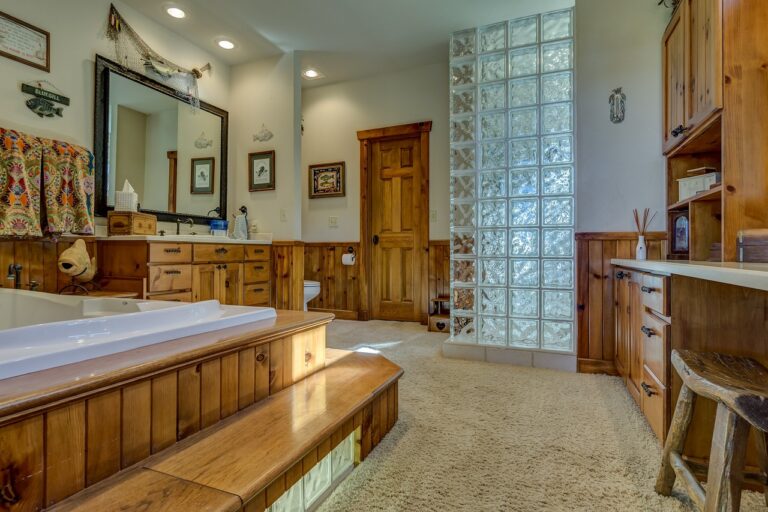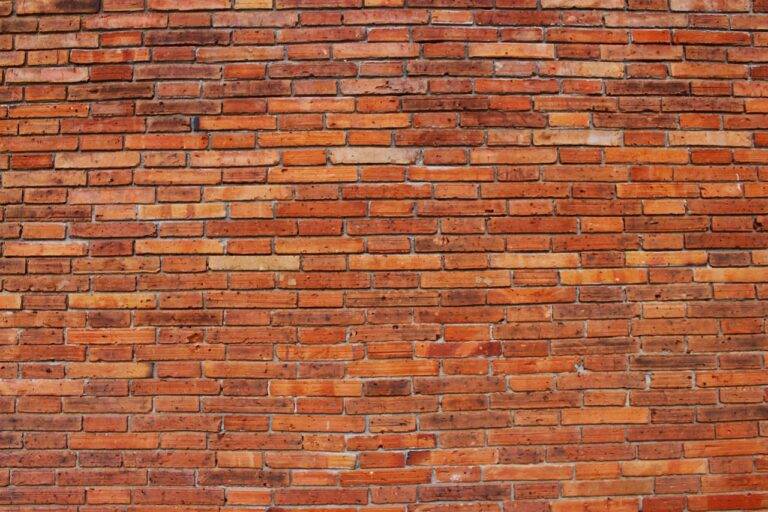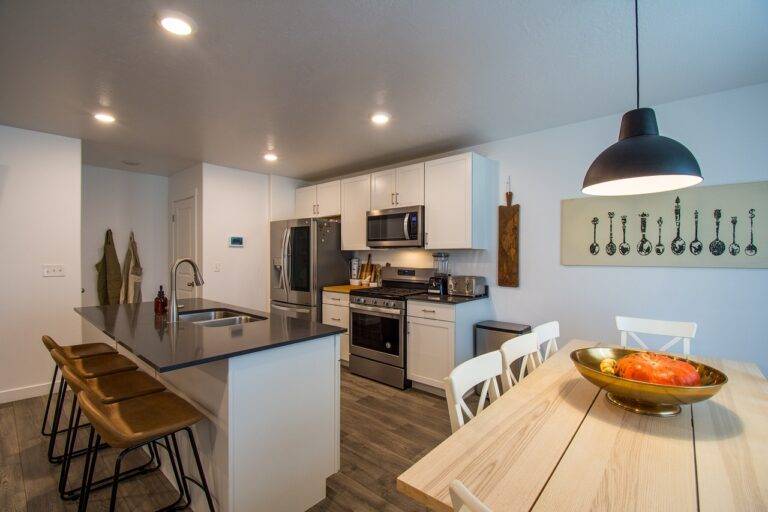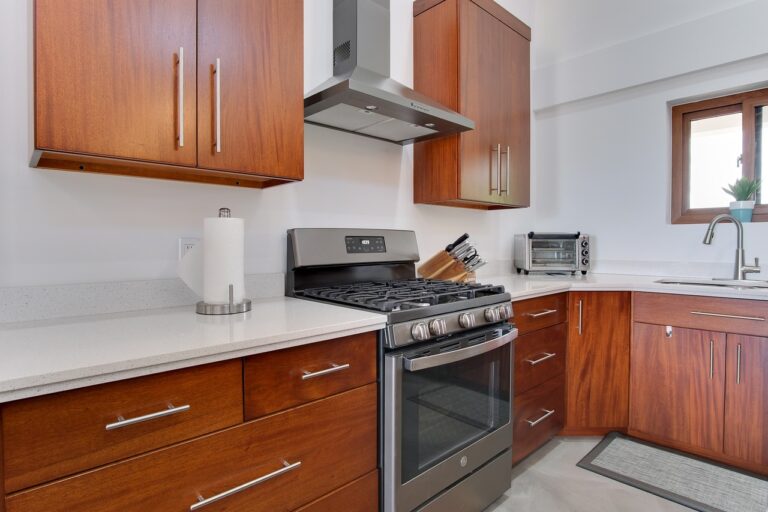The Benefits of Home Water Softening Systems for Improved Water Quality
Hard water and soft water are terms used to describe the mineral content in water. Hard water contains high levels of minerals like calcium and magnesium, often leaving behind soap scum residue and causing limescale buildup in pipes and appliances. On the other hand, soft water has been treated to remove these minerals, leading to fewer issues with scale and soap performance.
The differences between hard and soft water can be noticeable in daily activities such as laundry, washing dishes, and even bathing. Hard water can make it difficult to lather soap and shampoo effectively, while soft water typically creates more suds and leaves skin feeling smoother. Understanding the distinction between hard and soft water is essential for maintaining the efficiency and longevity of plumbing systems in homes and businesses.
The Negative Effects of Hard Water on Your Home’s Plumbing
Hard water can wreak havoc on your home’s plumbing system, causing a myriad of issues that can result in costly repairs. The high mineral content in hard water can lead to the buildup of limescale inside pipes and fixtures, eventually leading to clogs and reduced water flow. Over time, this accumulation can cause significant damage and even result in the need for pipe replacements.
In addition to clogging pipes, hard water can also negatively impact the efficiency of your water-using appliances. The minerals in hard water can coat the heating elements of appliances like water heaters and dishwashers, reducing their effectiveness and lifespan. This not only decreases the efficiency of the appliances but can also lead to higher energy bills as they have to work harder to function properly.
How Water Softening Systems Work to Improve Water Quality
Water softening systems work by removing the excess minerals, such as calcium and magnesium, from hard water. These systems typically use an ion exchange process where the minerals are replaced with sodium ions. This exchange results in softened water that is gentler on your skin, hair, and household appliances.
By improving water quality, water softening systems help to prevent the buildup of mineral deposits in your plumbing fixtures and appliances. This can extend the lifespan of your pipes, faucets, and water-using appliances, reducing the need for costly repairs or replacements. Additionally, soft water can lead to better lathering and cleaning capabilities of soaps and detergents, resulting in cleaner dishes, clothes, and surfaces in your home.
What is the difference between hard water and soft water?
Hard water contains high levels of minerals like calcium and magnesium, while soft water has been treated to remove these minerals.
How does hard water affect my home’s plumbing?
Hard water can lead to limescale buildup in your pipes and appliances, reducing their efficiency and lifespan.
How do water softening systems work to improve water quality?
Water softening systems use a process called ion exchange to remove minerals from water, resulting in softer, more manageable water for your home.
Do water softening systems require a lot of maintenance?
Some water softening systems may require occasional maintenance, such as adding salt to the system. It’s important to follow the manufacturer’s instructions for proper upkeep.
Can water softening systems be installed in any home?
Water softening systems can typically be installed in most homes, but it’s important to consider factors like water usage and plumbing layout before selecting a system.







